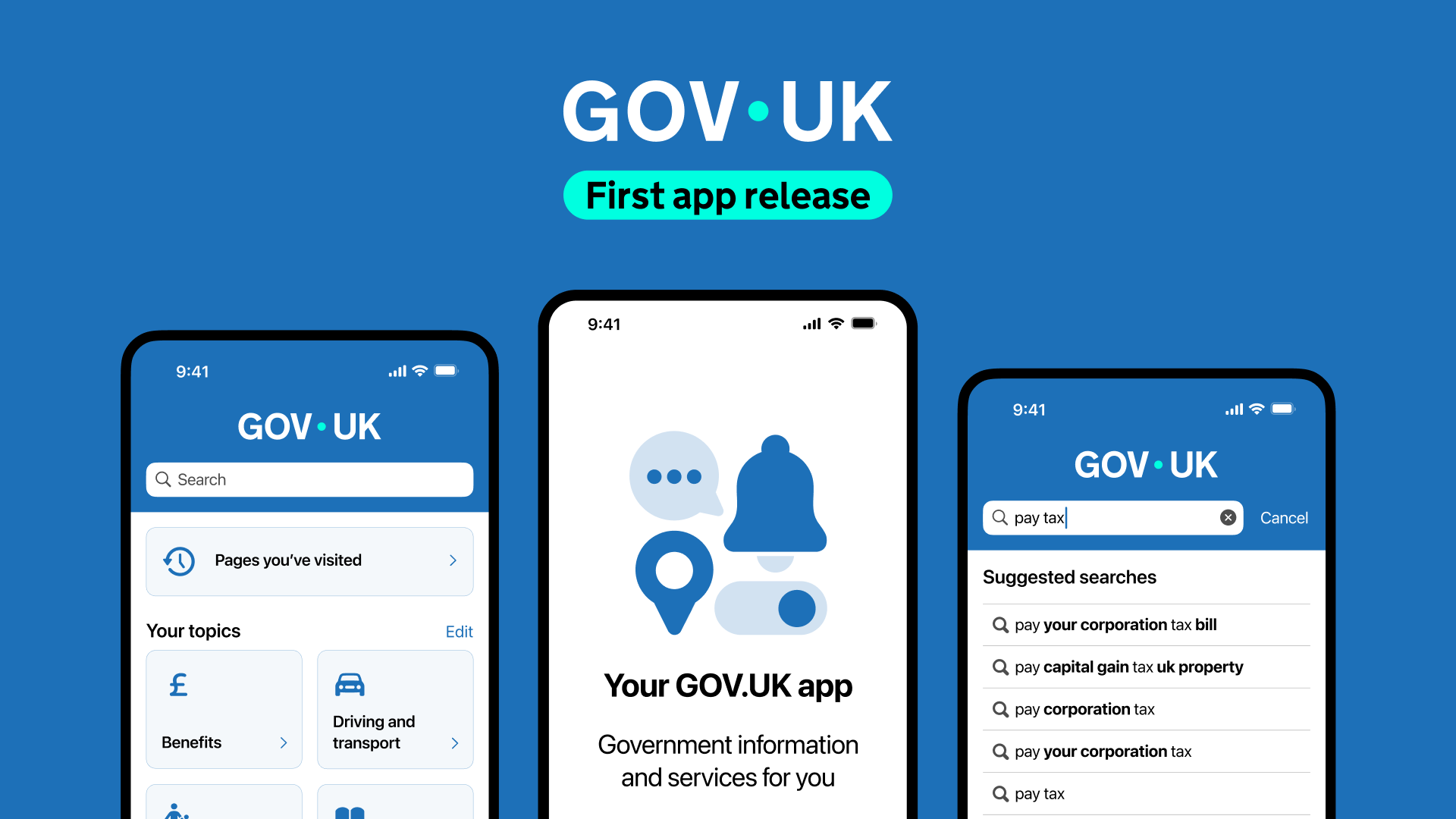The Innovate to Save scheme has picked its first eight initiatives to support
The Amazon Echo smart speaker – on the right, next to the smaller Echo Dot – is to be trialled for use in supported-living facilities Credit: PA
Eight public services innovation projects in Wales have been picked as the recipients of the first tranche of a £5m funding pot.
The Innovate to Save initiative is run by Y Lab, a joint venture between Cardiff University and Nesta, a not-for-profit body whose mission is to foster innovative ideas. Innovate to Save has a war chest of £5m in public funding, around £400,000 of which is available as non-repayable investments in developing and testing early-stage projects created by public bodies and third sector organisations.
Y Lab has picked the first cohort of eight recipients, which have received a cumulative total of £114,911 backing (see details below). Two of the projects selected for the first cohort are tech or data focused.
The Innovate Trust is a provider of supported living services to local authorities in Cardiff, Rhondda Cynon Taff, and the Vale of Glamorgan. The trust is working on a project to use intelligent personal assistant technology – such as Amazon Echo or Google home – to help residents live more independently.
The organisation is facing an increase in costs as a result of a recent court ruling outlining that care workers who sleep overnight at the home of those they look after must be paid an hourly rate, and not a flat fee.
Using technology to, for example, remind residents when to take medication, or guide them through the process of preparing a meal for themselves, could help Innovate Trust make savings, Rob Ashelford, senior innovation programmes manager at Y Lab, told PublicTechnology.
The trust has been awarded £15,000 in funding by Y Lab to spend on developing their ideas.
The same amount has been handed out to the Welsh Ambulance Service NHS Trust, which is working on a data-sharing project that unites Wrexham and Gwynedd County Councils, and Betsi Cadwaladr University Health Board. The aim is to examine the use of non-emergency transport and try and identify ways to share resources so their use is maximised.
“A range of different transport options are being used, and there is sometimes duplication of services,” Ashelford said. “Or they may send someone one way in a taxi, then have to pay for it to come back empty.”
The Y Lab innovation leader explained that the three bodies deciding to work together represents an all-too-rare example of public entities being willing to share information with one another for the common good.
“This is a new engagement for them; they had never sat down together before,” Ashelford said. “One of the reasons why we wanted to support it was that [everyone had] done so much work to get to the point where they are prepared to work together to solve this issue, and share their data.”
He added: “We also see that this is likely to be the way that most of these innovation plans [work] – better collaboration between public and public, or public and third sector. This project will help us work out what makes that [type of collaboration] easier, and what makes it hard.”
Make it evergreen
In addition to the initial funding, each project will also receive will also receive technical and business mentoring for the next seven months, by the end of which the intention is that they will have developed a working prototype of their idea.
At that stage, they will have the option of applying for a chunk of the £4.6m Y Lab funding that has been set aside for interest-free repayable loans. This money – the repayment terms of which will depend on the intended length of the project – can then be used to turn the prototype into a fully operational model ready to be rolled out in the provision of public services.
Innovation needs better collaboration between public and public, or public and third sector
Ashelford said that he hopes the funding model will enable Innovate to Save to become an “evergreen” scheme that can reinvest in new ideas as it recoups the money put into previous initiatives.
“We were looking for a number of things, primarily a new idea that would have the potential to generate some cashable savings – but also improve the service that is being provided,” he said. “We were looking for people that were prepared to go on a bit of a journey and were not closed off to their idea [being changed and developed].”
Innovate to Save still has in excess of £200,000 in non-repayable funding available. Work on identifying the second cohort of recipients of that cash will begin in the coming weeks.
Projects included in Innovate to Save’s first cohort
- Welsh Ambulance Service NHS Trust, received £15,000 funding – a project that sees Gwynedd and Wrexham County Councils and Betsi Cadwaladr University Health Board sharing data with the aim of better deploying resources
- Innovate Trust, £15,000 – an initiative to use automated personal assistant technology in supported living environments
- FABRIC, £13,574 – a Swansea-based project aimed at helping 18-year-olds transition out of care
- Gwynedd Council, £15,000 – a scheme designed to explore the use of housing stock in the coastal village of Fairbourne, which is increasingly threatened by flooding
- Cardiff South West GP Cluster, £14,997 – an initiative designed to offer ‘time credits’, rather than prescribed medication, for people suffering from moderate depression or anxiety
- Leonard Cheshire Disability, £15,000 – a project for involving those in need of physical or social care in group activities
- Llamau , £15,000– a ‘sustainable social investment’ scheme run by a charity for preventing youth homelessness
- Grow Cardiff, £11,340 – a scheme, run through 11 GP surgeries, designed to encourage people to get involved in community gardening projects



